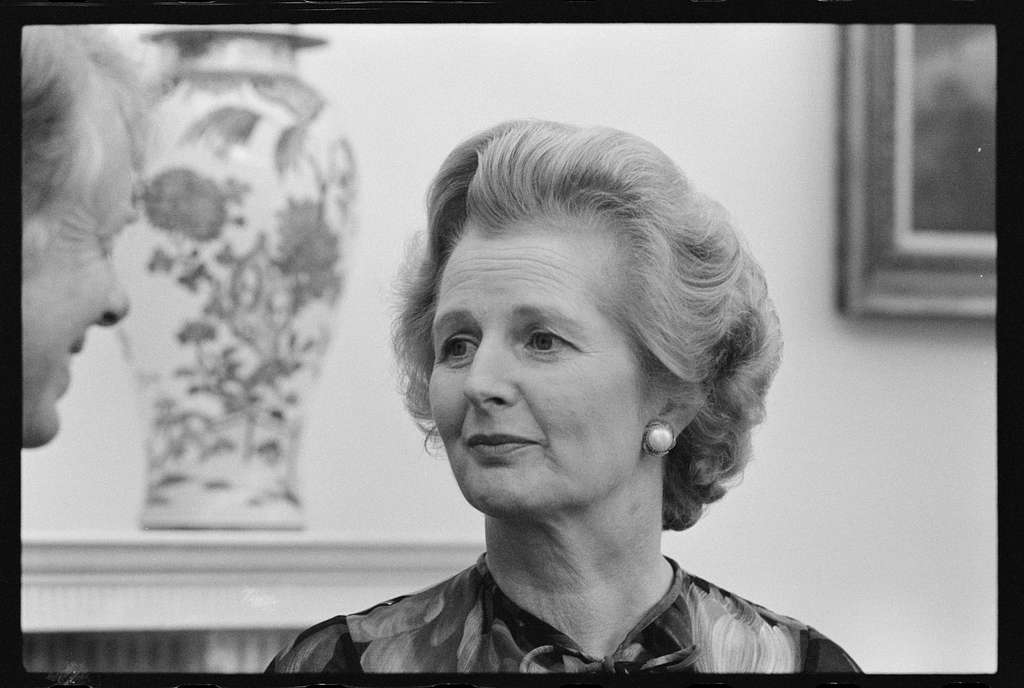An organization can execute only if the leader's heart and soul are immersed in the company. Leading is more than thinking big, or schmoozing with investors and lawmakers, although those are part of the job. The leader has to be engaged personally and deeply in the business. Execution requires a comprehensive understanding of a business, its people, and its environment. The leader is the only person in a position to achieve that understanding. And only the leader can make execution happen, through his or her deep personal involvement in the substance and even the details of execution.
The leader must be in charge of getting things done by running the three core processes - picking other leaders, setting the strategic direction, and conducting operations. These actions are the substance of execution, and leaders cannot delegate them regardless of the size of the organization.
How good would a sports team be if the coach spent all of his time in his office making deals for new players, while delegating actual coaching to an assistant? A coach is effective because he's constantly observing players individually and collectively on the field and in the locker room. That's how he gets to know his players and their capabilities, and how they get firsthand the benefit of his experience, wisdom, and expert feedback.
It's no different for a business leader. Only a leader can ask the tough questions that everyone needs to answer, then manage the process of debating the information and making the right trade-offs. And only the leader who's intimately engaged in the business can know enough to have the comprehensive view and ask the tough incisive questions.
Only the leader can set the tone of the dialogue in the organization. Dialogue is the core of culture and the basic unit of work. How people talk to each other absolutely determines how well the organization will function. Is the dialogue stilted, politicized, fragmented, and butt-covering? Or is it candid and reality-based, raising the right questions, debating them, and finding realistic solutions? If it's the former - as it is in all too many companies - reality will never come to the surface. If it is to be the latter, the leader has to be on the playing field with his management team, practicing it consistently and forcefully.
Specifically, the leader has to run the three core processes and has to run them with intensity and rigor.
Execution: The Discipline of Getting Things Done by Larry Bossidy & Ram Charan with Charles Burck. 2002. Crown Business, NY, NY. p. 24, 25









